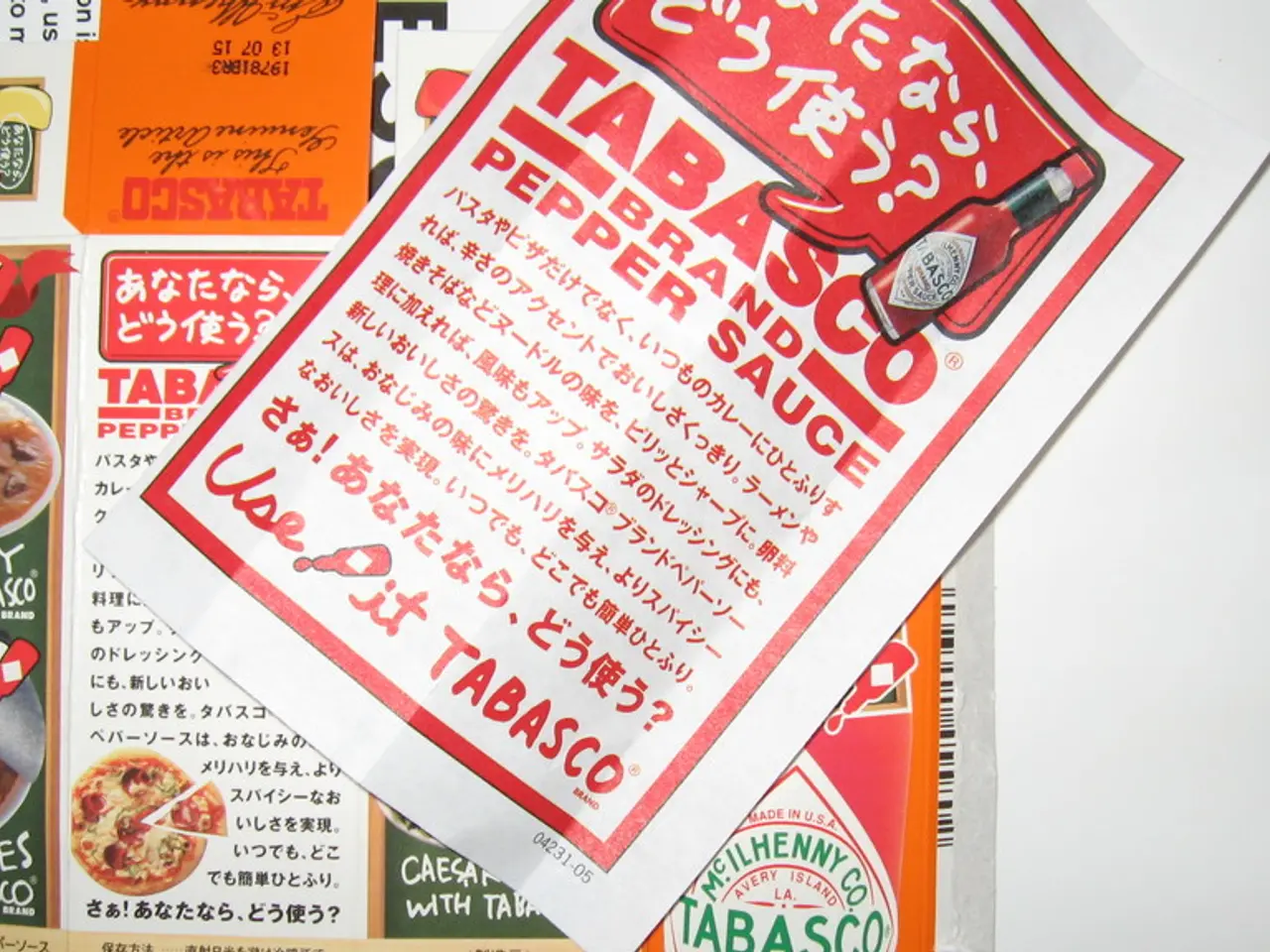Marketing Strategies Mix - Key Elements of Marketing (7 P's)
The extended service marketing mix, comprising seven essential elements, plays a crucial role in optimizing service delivery and enhancing customer satisfaction. This approach, which adds People, Process, and Physical Evidence to the traditional four P's (Product, Price, Place, Promotion), is tailored to address the unique characteristics of services: intangibility, variability, and perishability.
Tailoring Service Delivery to Customer Expectations
The extended service marketing mix helps manage the people involved in service delivery, streamline processes for smooth, efficient service experiences, and provide tangible physical evidence to reassure customers and make the intangible service more concrete.
Enhancing Customer Experience and Satisfaction
By focusing on People, ensuring professional, personalized service; Process, ensuring consistency and reliability; and Physical Evidence, reinforcing trust and quality perception, businesses can create positive, smooth interactions that meet or exceed customer expectations, leading to customer loyalty and higher satisfaction.
Differentiation in Competitive Markets
Emphasizing how the service is delivered and perceived, rather than just what is delivered, allows businesses to stand out through superior customer service (People), efficient and customer-friendly procedures (Process), and attractive, branded service settings (Physical Evidence), fostering a unique brand identity.
Supporting Continuous Improvement and Strategic Alignment
The 7 P's framework encourages companies to audit and optimize all elements cohesively, keeping customer needs central, adapting to market changes, and integrating service delivery components for better performance and customer retention.
Driving Business Growth
Improved service delivery and customer satisfaction promote repeat business, word-of-mouth referrals, and stronger customer relationships, ultimately contributing to sustainable business success.
In Summary
The extended 7 P's marketing mix serves as a comprehensive framework specifically designed to optimize how services are delivered and experienced, overcoming challenges inherent to services and significantly boosting customer satisfaction and business differentiation.
Understanding the service marketing mix can significantly enhance customer satisfaction, while efficient processes are critical in service marketing, ensuring optimal delivery without compromising quality. Many companies now invest in training their staff in interpersonal skills and customer service to improve customer satisfaction, and some companies undergo accreditation to demonstrate that their staff is superior to their competitors.
According to a 2022 survey by Statista, the global service industry is expected to reach $6.3 trillion by 2025. Investing in customer service training for employees can lead to a return on investment of over 1,600% in terms of customer loyalty and brand reputation. Banks, IT companies, and dotcoms, among others, heavily promote themselves to survive in competitive service sectors. The "Process" in the service marketing mix refers to the way a service is delivered to the end customer, with examples including McDonald's and FedEx, known for their quick service. The place in the service marketing mix determines where the service product will be located. Physical evidence is often used to create a better customer experience and can influence customer preferences, acting as a differentiator in service marketing, such as a private hospital versus a government hospital. The "People" element in the service marketing mix is crucial, as they define the service. Examples include software engineers in IT companies, chefs and service staff in restaurants, and employees in banks. The service marketing mix is an extension of the product marketing mix, which consists of 4 P's: Product, Pricing, Promotions, and Placement. The "Product" in the service marketing mix is intangible, heterogeneous, perishable, and cannot be owned.
Education-and-self-development can benefit from technology by incorporating online courses and interactive tools to deliver intangible educational services in a more concrete, efficient, and personalized manner.
In the finance industry, technology can streamline processes, improve customer experiences, and foster business growth by enabling quick access to services, personalized financial planning, and enhanced security measures, setting businesses apart and driving customer loyalty.




